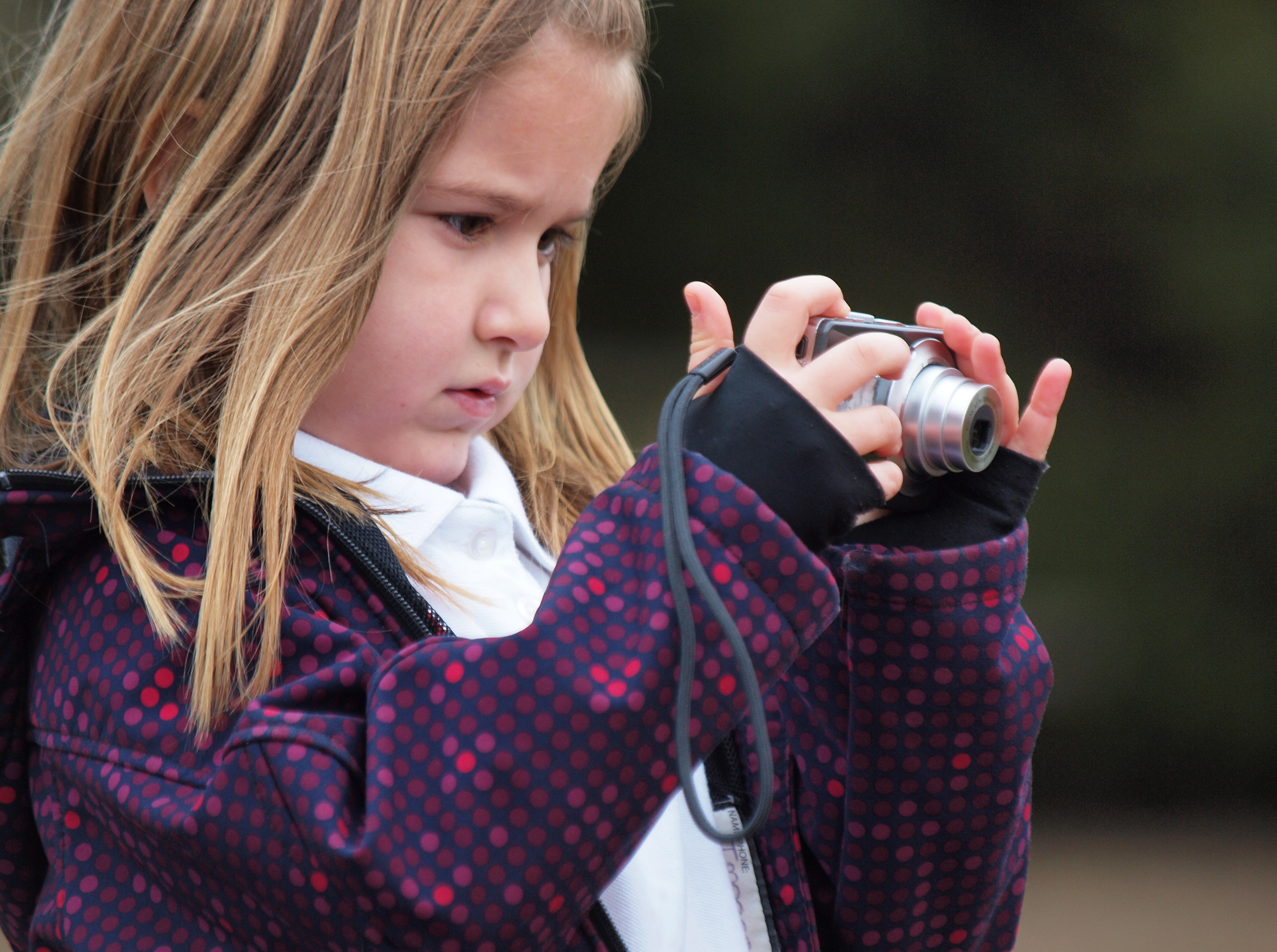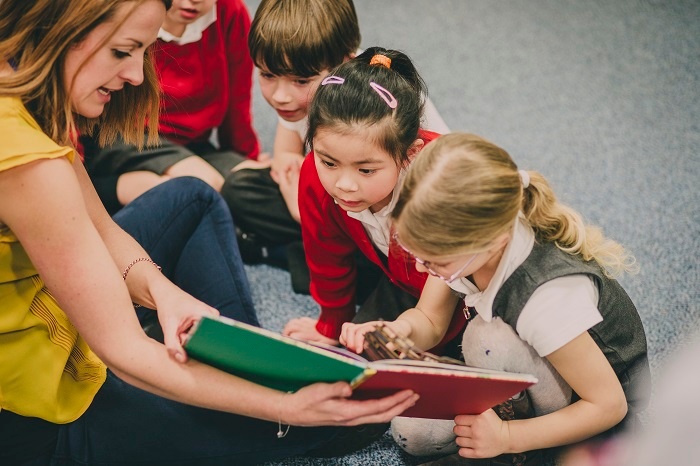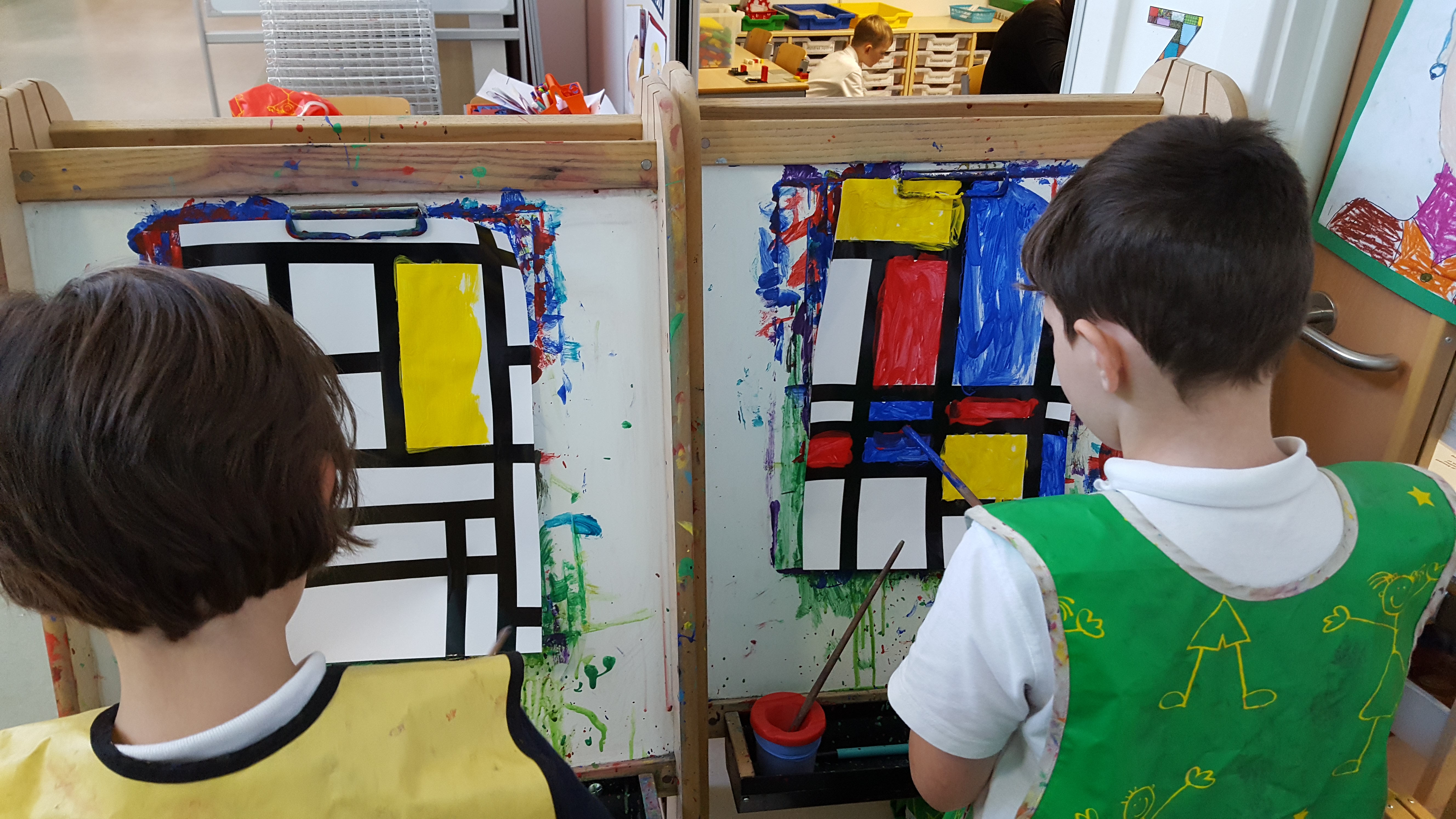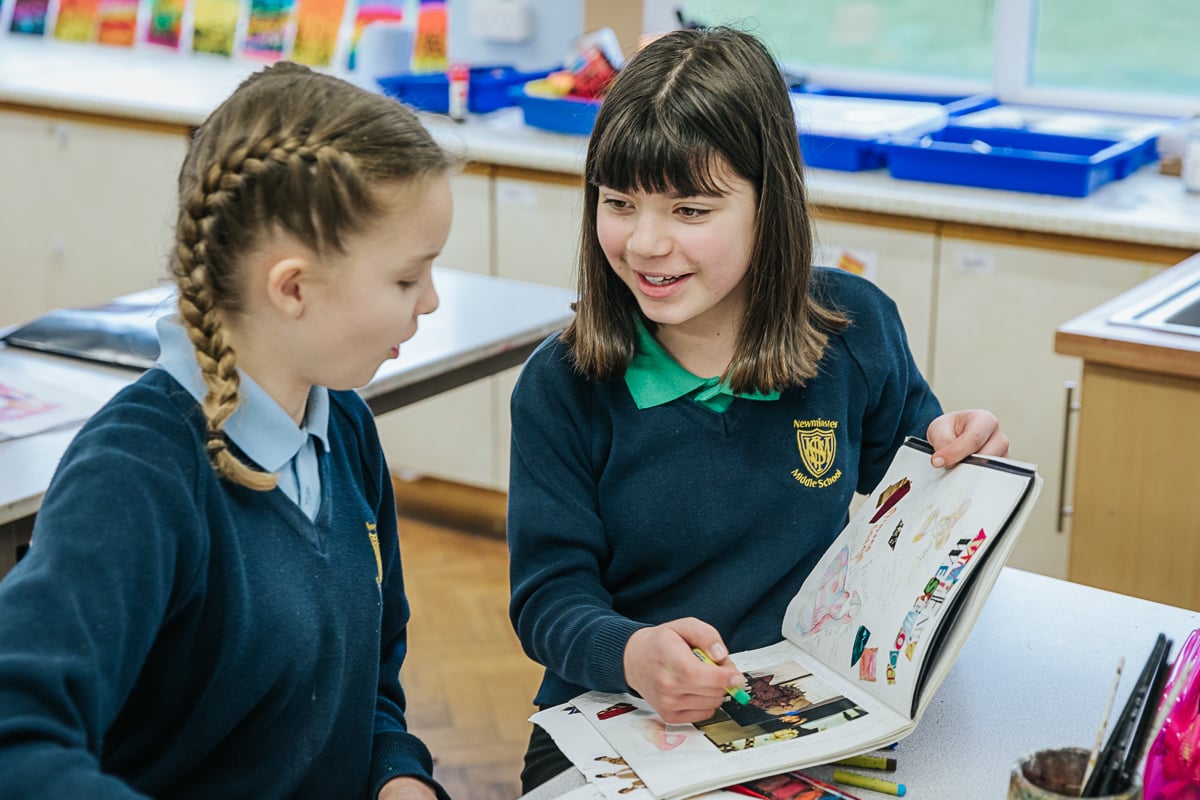
Remote delivery ideas for Arts Award Explore
BY: Nicola King
01 Jun 2020
Continuing our series exploring remote delivery ideas for Arts Award advisers and young people still working towards their Arts Award, today we will be looking in more detail at Arts Award Explore.
Arts Award Explore is an Entry Level 3 qualification, which some schools use as part of their Key Stage 2 curriculum or as an extra-curricular offer, it is designed for ages 7-11 but is open to anyone aged up to 25 (which is particularly welcomed by Arts Award centres working with young people with SEND). Explore is completely achievable from home when supported by an Arts Award centre, and can offer children and parents an enriching and structured activity, with the added bonus of being able to achieve a recognised qualification. This blog will suggest some ideas for how to deliver Explore remotely, however this isn’t exhaustive and if you would like to have a chat to explore your options do get in touch.
On our adviser hub you will find free portfolio building templates, and an Explore log book designed for ages 11+, which you can use to gather and review your evidence. You could also use our Digital Portfolio Resource for ideas on how to gather evidence digitally.
Please note that these ideas are not a replacement for correct use of your Arts Award toolkit, and all advisers supporting young people to achieve their Arts Award should have attended the appropriate Arts Award training.
Part A: Inspire
This part is all about young people actively participating in arts activities. These could be arts activities they choose, or you could set these activities depending on what resources there are available. Some activities you could think about are;
- Reading a book - this counts as an arts activity and most young people will have a few books at home. Or you could consider listening to an audio book, Audible is currently offering a huge number of free children’s audio books.
- Exploring visual art - drawing or painting can be a lot of fun. You could experiment with different techniques and resources such as marbling paint, wet and dry chalk, or creating mosaics from different coloured paper. Twinkl is an education resource site well known to teachers, and they are now offering activity and craft packs free to parents, that might inspire some ideas.
- Make a model, jewellery or an ornament out of salt dough - salt dough is cheap and easy to make, you could follow this recipe.
- Play an instrument or sing a song -The BBC has lots of resources and ideas for how you can explore music at home.
- Learn about photography – you could experiment with different lights or filters. This doesn’t have to be with a professional camera, many parents will have a camera on their phone. Maybe your young people could create a digital diary, that they could share with their teacher and classmates, e.g. through Google Classroom, to show what they’ve been up to.
There should be a record of the young people taking part in more than one arts activity, for example a picture, and after they have finished the young people should identify what they enjoyed or what inspired them about taking part.
Part B: Explore
This part encourages young people to expand their knowledge and understanding of the arts. Young people need to find out about the work of at least one artist and one arts organisation and record what they have found out. They can research online with support as needed, for example they could look at Tate Kids and write down a few facts they found interesting about one of the artists featured, or there may be some relevant books at home that they could look at, or BBC 10 Pieces have some great resources on composers.
An artist doesn’t just mean a painter this could be a writer, singer, actor, sculptor, designer, photographer or even a museum curator. Your young people may find their research more rewarding if it is about someone they already have an interest in, for example they may have a favourite singer. If your young people have someone they would like to find out about and you aren’t sure if they would count as an artist, you can get in touch to check.
An arts organisation can include museums, libraries, theatres, film and tv production companies. The arts organisation can be big or small; there might be a local arts organisation that the young person has previously visited, which could help to place their learning in context.
Part C: Create
This part gives young people an opportunity to demonstrate their arts skills. Young people will create a piece of art work, again this could be their choice or may need to be guided by what resources are available at home, and record the process of making it. Some suggestions are:
- Put on a show! - young people could learn a song, a monologue, a piece of music or choreograph a dance, and perform it. Or consider putting on a puppet show, young people will likely have a captive audience to perform it to!
- Make a piece of art - maybe they could create a piece of ‘natural’ or ‘wild’ art using twigs, flowers, feathers and anything else they can find in their garden or the home. This guide from the National Trust might give them some ideas.
- Create a comic book - they could draw this themselves or there are some websites that are free to use, such as Make Beliefs Comix which is designed for children.
- Make a stop frame animation - young people could make figures out of playdough, or use any toy figures they have. This guide might help you get started. Or if this technology isn’t available, consider making a flip book.
- Write a story - children could listen to an audio book from Audible, or read a book, and create their own story based on this. Or they could write an alternate ending, or re-write the story from a different character’s perspective – all great activities that work well with the English curriculum as well!
To make the most of Explore, ensure that the activities you do for Part C are clearly distinct from those done in Part A. Children can continue what they have done in Part A but we would suggest while children are completing Arts Award at home that this is a new art form or activity to ensure they meet all parts of the award.
Part D: Present
For this part young people need to think about what they have learnt and share those thoughts with someone else. They should record what was presented and how it was shared.
Young people will look back on all the activities they have done throughout their award and identify what they have enjoyed or learnt from completing it. They then present or explain this to someone else. This could be a parent or sibling, a teacher or classmate through an online platform, or another family member or friend perhaps via video call.
Don't forget to take a look at our Extended Extraordinary Regulatory Framework guidance, supporting you to continue to deliver Arts Award even in lockdown.
Unlike the arrangements made in summer 2020, we will not be able to accommodate the submission of incomplete portfolios for moderation, on which to calculate the overall results. Under this new arrangement advisers will continue to deliver and assess young people’s portfolios in full and a sample of work will be moderated by Trinity. Adaptations under the Extended Extraordinary Regulatory Framework will instead focus on:
- Support with planning your Arts Award programme including building in contingency plans and collecting evidence in digital format, as is our recommendation
- Adaptations to the evidence requirements and time guidance most notably at Silver and Gold
- Advice and guidance on how to meet the existing requirements of Arts Award making best use of digital tools and arts and culture
- The continuation of remote online moderation
Download our EERF Centre Guidance for more information.
All of these ideas are just suggestions, but we hope that they provide a good starting point for you to deliver Explore Arts Award remotely.
If you have any questions or would like more support or guidance please do get in touch, via email on artsawardenquiries@trinitycollege.co.uk
The websites we have linked to have been shared in good faith. Trinity College London / Arts Award are not responsible for their content. We would recommend children are always supervised when online. If young people are communicating with you, or others, via video or video call ensure that you have considered the safeguarding implications and are following your organisations’ own safeguarding policy.
Related posts
BY: Sarah Longfield
BY: Guest Writer




Comments & Replies